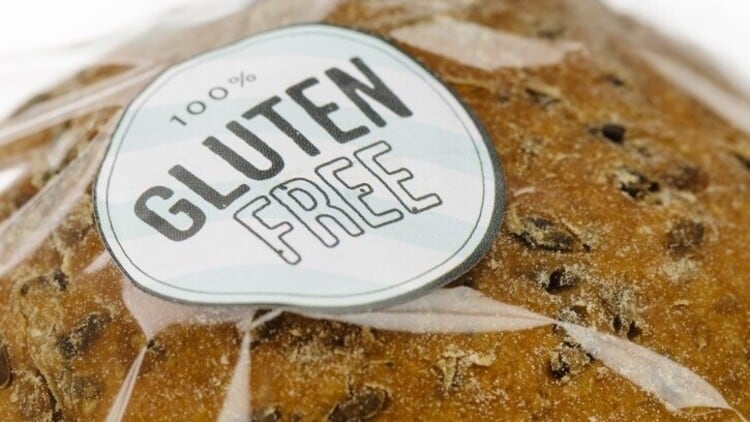The trial was led by researchers from University of Newcastle in Australia, with findings published in Acta Diabetologica recently.
In the study, 98 pre-diabetic individuals with glycated haemoglobin HbA1c levels between 5.7 and 6.4 per cent and BMI lower or equivalent to 27 were randomised into two groups.
The intervention group took 30mg of elemental zinc gluconate, while the other group took placebo for 12 months. Both the intervention and placebo materials were provided by Blackmores.
Their blood samples were collected at the baseline, first, sixth, and 12 months of the study to measure the changes in their fasting blood glucose, HbA1c, and insulin levels.
Changes in their lipids, body weight, height, waist circumference, blood pressure, and pulse were also measured.
No significant changes
In contrary to existing findings, zinc supplementation did not lead to significant improvements in the intervention group’s HbA1c, fasting blood glucose, or insulin levels.
In both intervention and placebo groups, an equal number of individuals – three of them from each group – had developed diabetes.
While HbA1c had decreased from 5.87 to 5.84 per cent in the intervention group and went up from 5.90 to 5.96 per cent in the placebo group, both changes were not statistically significant changes.
Similarly, while fasting blood glucose level did decrease from 5.81 to 5.59 mmol/L for the intervention group, it was not a statistically significant change either, while that of the placebo had slightly increased from 5.88 to 5.89 mmol/L.
Explanation
Existing findings, such as a meta-analysis of zinc supplementation in humans, have shown favourable effects on fasting blood glucose and HbA1c.
To which, the researchers in the current study explained that this could be due to differences in the demographic studied.
Specifically, studies which have shown positive effects on zinc on glucose homeostasis were conducted in low- and middle-income countries where their diets might be deficient in zinc in the first place.
“We believe our results are consistent with other Western clinical trial studies and do not support the use of supplemental zinc in populations with a Western diet.
“It is thus possible that zinc exerts a beneficial effect only in the setting of a zinc deficient diet. Given that zinc is found in the highest quantities in seafood (oysters and crab), meat (especially beef) and seeds/nuts (almonds, pepitas), it is possible that an effect of zinc was seen in countries where vegetarian diets are more prominent, and that the effect of zinc was not seen in our Australian population due to a higher intake of meat.
“However, there may still be a role for supplemental zinc in the developing world where diets may be zinc deficient,” the researchers said.
Another possible reason could be because of the form of zinc used in this particular study, they explained.
“Another possibility is that the form of supplementation we used was inadequate.
“The majority of previous studies used zinc sulphate whereas we used zinc gluconate. Our choice was influenced by the greater tolerability of the gluconate salt and the greater bioavailability.”
Nonetheless, they pointed out that the study methods were rigorous, with effective randomisation of the study subjects and high compliance from the subjects.
Source: Acta Diabetologica
The effect of zinc supplementation on glucose homeostasis: a randomised double-blind placebo-controlled trial
DOI: 10.1007/s00592-022-01888-x
Authors: Attia et al





